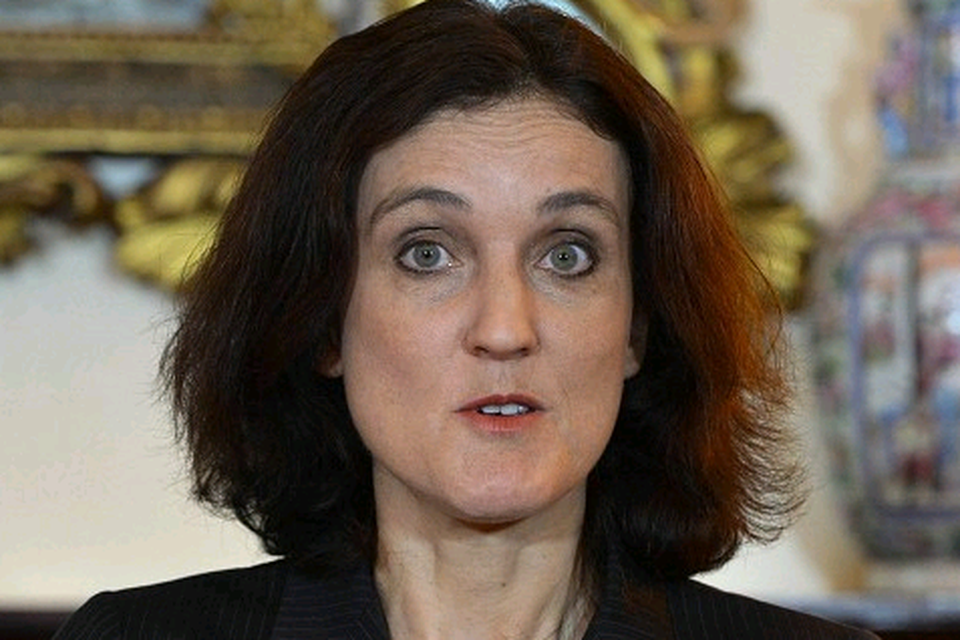Theresa Villiers: Stormont could fall if it cannot evolve and embody a normal opposition
Northern Ireland Secretary Theresa Villiers will help lay the foundation stone of a monument in Dublin to commemorate soldiers from all over Ireland killed in the two world wars
The Secretary of State has warned that the future of Stormont is in danger unless it can evolve into a system which accommodates an official opposition.
Theresa Villiers presented the change as being part of a move towards "the politics of delivery".
Under the Good Friday and St Andrews agreements, all our major parties share power and there is no speaking or other rights for opposition parties, as there is in Westminster or the Dail.
"Let me be clear... power-sharing and inclusivity are enshrined in the Belfast Agreement... and the Government is not going to undermine any of those principles," Ms Villiers will tell an audience made up of representatives of the four main Churches today.
In a keynote address entitled Moving Politics Forward, she is set to argue that the system can change without abandoning the principle of cross-community power-sharing. She warned that unless it adapted, it could fall.
"Political institutions the world over adapt and change. As the founding father of modern Conservatism... the Irishman Edmund Burke... once put it: 'A State without the means of change is without means of preservation'. And there are inherent weaknesses in a system in which it is very difficult to remove one's rulers by voting and to choose a viable alternative," she stated.
However, Ms Villiers insists that parties must agree a way forward. The coalition Government in London would not take the decision for them.
"This Government is clear that we would welcome moves that facilitate a more normal system at Stormont that allows for formal opposition, so long as a way can be found to do this which is consistent with power-sharing and inclusivity.
"But we also believe that if or how this happens really has to be primarily for parties in the Assembly to take forward, not least because it is so firmly within the Assembly's competence to deal with those matters that might characterise an opposition."
This is one of a number of challenges which she sees lying ahead. Others include implementing welfare reform and extending the National Crime Agency, a UK-wide body which tackles organised crime, to Northern Ireland. Without it, "Northern Ireland's ability to fight some of the most despicable crimes is weakened," she said.
She pointed out that Executive spends £30 million a year on "legacy issues". This, she said, placed a heavy burden on the police, and absorbed the energy of politicians, such as Peter Robinson and Martin McGuinness.
"As we approach another marching season there is no doubt that an agreement on the way forward on flags, parading and the past even in outline would send a powerful global message about the ability of Northern Ireland's politicians to find solutions even to the most divisive of issues," she said.
She added that it would also "free up the space for politicians to focus more on other issues that are critical to our future such as rebalancing the economy, reforming the public sector and building a genuinely shared future."
BACKGROUND
Executive posts at Stormont are given out under the d'Hondt system, a mathematical formula designed to ensure that all major parties have a share in ministerial office and nobody is excluded. The two big parties each have an effective veto on decision-making. This can lead to stand-offs and blocking tactics. For instance, agreement hasn't yet been reached on welfare reform or the use of the Maze site, as well as flags, parading and the past.
Join the Belfast Telegraph WhatsApp channel
Stay up to date with some of Northern Ireland's biggest stories

